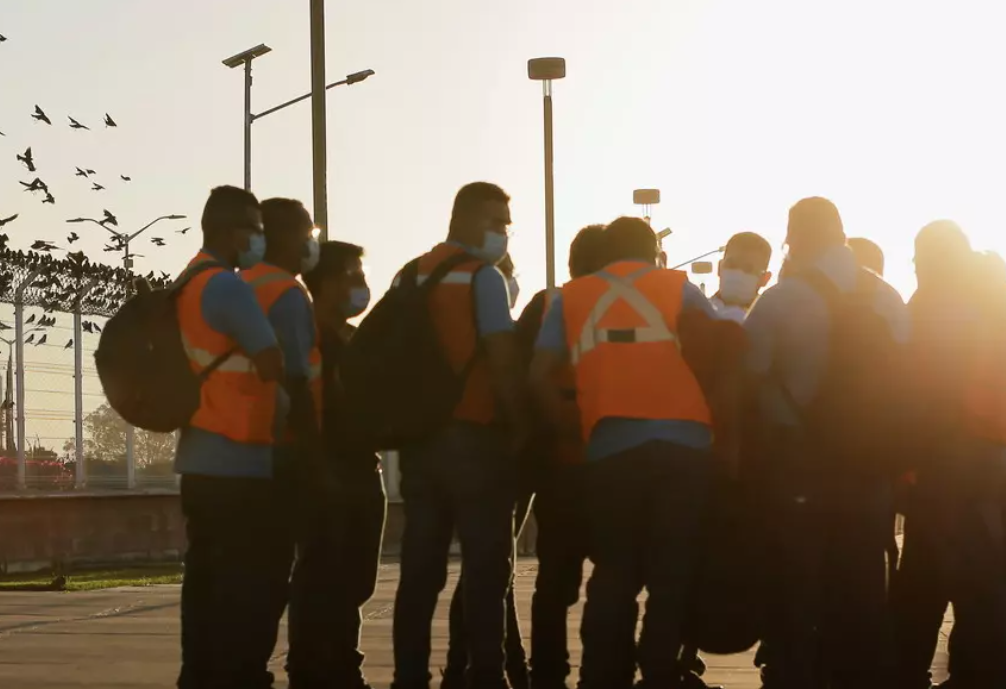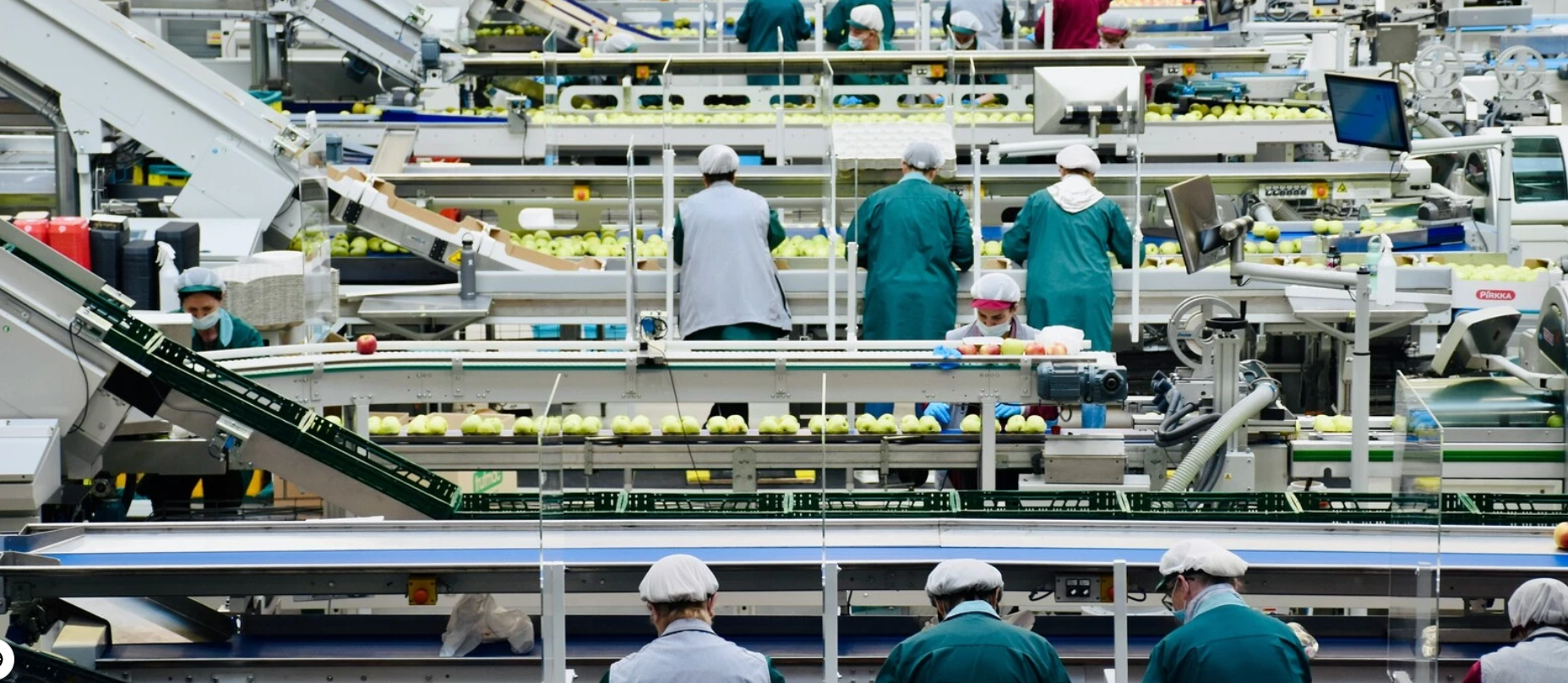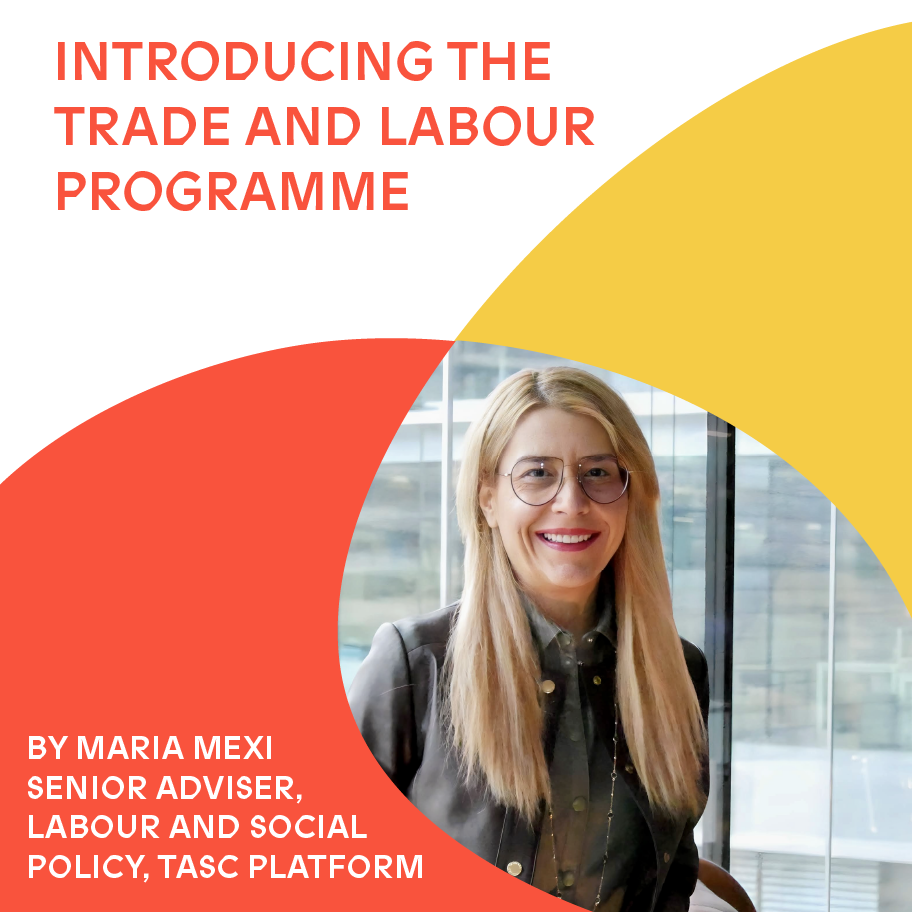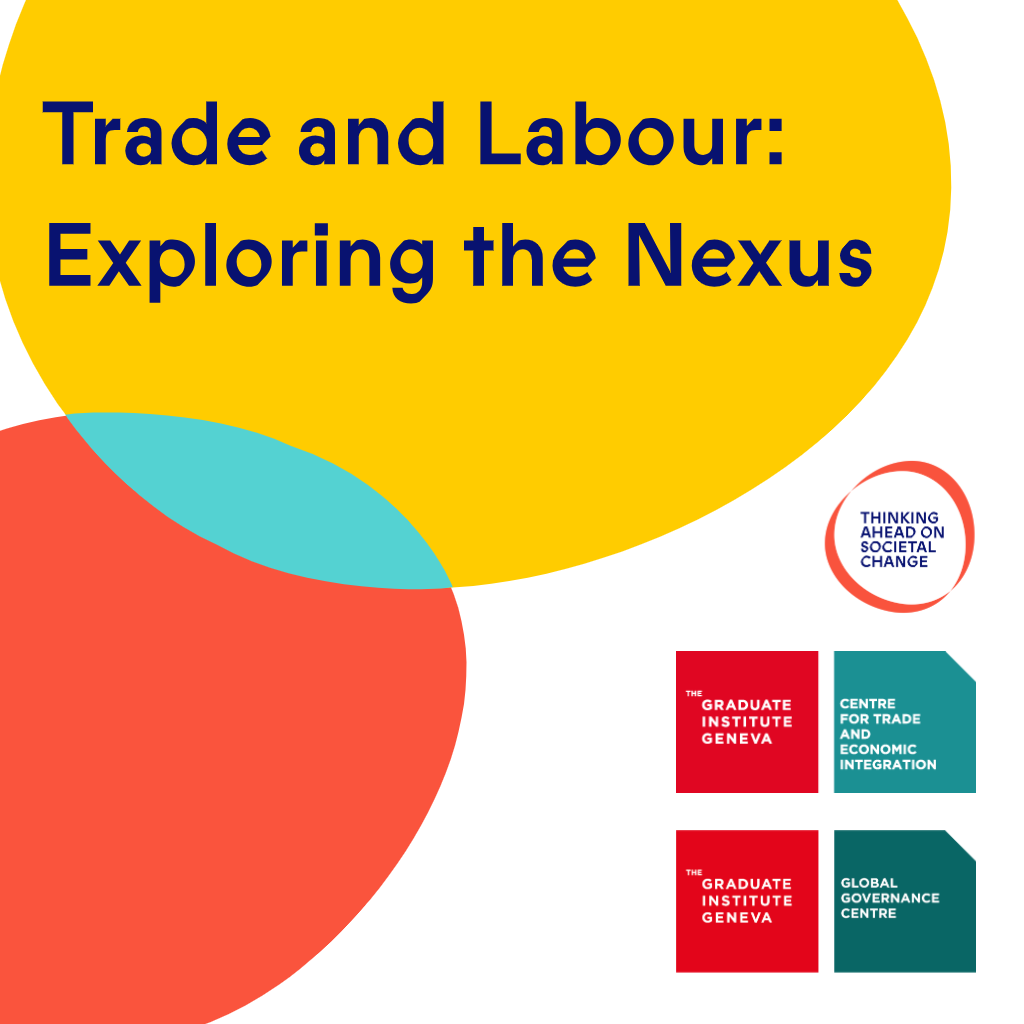the refugee and digital economy project
The Refugee and Digital Economy Project explores how digital pathways can unlock opportunity, agency, and mobility for displaced talent, while supporting organizations and businesses to adapt to uncertainty in the world of work.
Structured in two phases, the project builds on a first exploration of telework for refugee livelihoods (April–December 2023), which produced 8 actionable policy recommendations across 4 sectors: the Swiss government, NGOs, the private sector, and international organizations.
Drawing on workshops, interviews, and community engagement, the second phase (October 2024–June 2025), framed as a private sector conversation, engaged 16 organizations to assess the viability and scalability of refugee talent integration.
The first phase was a joint project of the Centre for Trade and Economic Integration, the TASC Platform, and the Geneva Trade Platform. The second is a joint project of the TASC Platform and the International Trade Centre, supported by the Visa Foundation.
publicationS & Blogs
refugee talent and the digital economy:
aS private sector CONVERSATION
This paper draws on Refugee Talent Integration in the Digital Economy, a collaborative research project exploring how digital employment initiatives can scale refugee hiring through cross-sector collaboration. Insights were gathered from 16 private sector organizations or affiliates through interviews and two peer discussions between October and December 2024. Together, these contributions surface key areas for action, from infrastructure and regulation to incentives, skills alignment, and evolving business practices.
Events & highlights
-
Held on 10 September 2024, during Geneva Trade Week, this Geneva-based high-level breakfast roundtable brought together leaders from diplomacy, civil society, and global institutions to examine how green and digital transitions are reshaping trade, labour markets, and supply chains—featuring insights from the TASC–WEF white paper and ongoing country research. Watch key takeaways from the event with Soledad Leal Campos, Policy Lead, International Trade and Investment, World Economic Forum, or read the event summary below.
-
Held on 02 May 2023 during the World Economic Forum Growth Summit, this Geneva-based closed-door session convened the Trade and Labour Programme community and key stakeholders to assess how trade policy, domestic legislation, and private initiatives affect workers. The event identified practical gaps and solutions, co-hosted by the TASC Platform, World Economic Forum, and Laudes Foundation.
-
Held on 21 November 2024, this Jakarta-based workshop explored how Indonesia’s critical minerals sector—especially nickel—can generate decent jobs and inclusive trade amid the green transition. Discussions addressed labour market challenges and policy, business, and civil society responses. The session contributed to country-level case research under the first phase of the Trade and Labour Programme, co-hosted by the TASC Platform, World Economic Forum, Universitas Pelita Harapan, and Indonesia for Global Justice.
-
Held on 26 March 2025, this Nairobi-based workshop examined how Kenya’s fast-growing digital economy can deliver fair, inclusive, and sustainable jobs. Discussions focused on policy reform, trade and investment levers, and tools to improve conditions for BPO and platform workers. The session contributed to country-level case research under the first phase of the Trade and Labour Programme, co-hosted by the TASC Platform, World Economic Forum, GIZ Kenya, and Africa Practice.ext goes here
-
Held on 23 November 2023, this Geneva-based breakfast workshop convened trade, labour, and human rights experts alongside the UN Forum on Business and Human Rights to discuss tools for better labour outcomes. Hosted by the TASC Platform and the World Economic Forum, the event advanced multistakeholder insights under the first phase of the Trade and Labour Programme.
-
Held on 25 January 2024, this Geneva-based roundtable brought together trade and labour stakeholders to explore living wages in international trade. Participants shared practices, challenges, and recommendations in light of emerging policy and regulatory developments. The session was co-hosted by IDH, the TASC Platform, and the World Economic Forum, as part of the Trade and Labour Programme






Funders & Partners
This research project and its resulting workshops were made possible by the generous support of Laudes Foundation, and carried out in collaboration with the World Economic Forum.
ABOUT THE LAUDES Foundation
Laudes Foundation supports brave and bold action that inspires and challenges industry to transition to advance a green, fair, and inclusive economy.
Leveraging six generations of entrepreneurship and philanthropy, our team works through partners to address climate change, biodiversity and nature loss, and social inequality.
Laudes Foundation operates as an independent organisation within a wider network of philanthropic entities, uniquely positioned to learn from each other.
the world economic forum trade & investment team
The World Economic Forum Trade and Investment project works with business, governments and civil society on critical trade and investment issues.
To be truly inclusive, trade must actively work for all sections of society. This involves ensuring access to trade benefits and the mitigation of harms to workers and underserved groups, including Indigenous Peoples. The Inclusive Trade project brings together multi-stakeholder communities to realize this vision. It furthers research and dialogue and informs trade policymaking and supply chain practices.




















